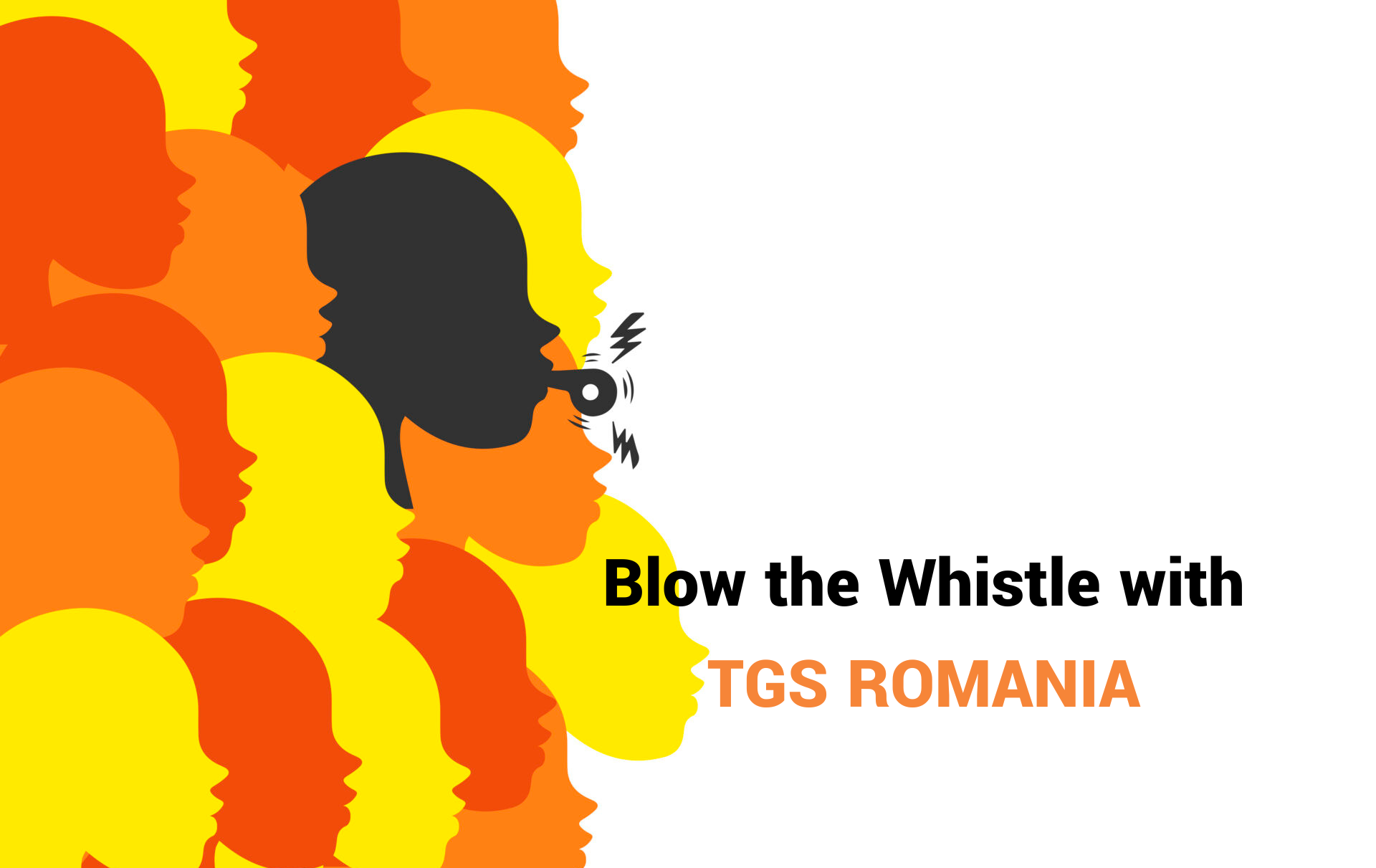
September 22, 2023
The Whistleblowing Law
Explore Bulgaria’s Whistleblowing Law: Enhancing Transparency, Accountability, and Whistleblower Protection.

The global minimum corporate tax rate of 15% is about to reshape Bulgaria’s tax landscape. Mandated by an EU directive, this tax will go into effect on January 1, 2024, with the goal of ensuring fair taxation for large multinational corporations operating in Bulgaria and preventing tax competition between nations. In this article, we’ll explore the details of this global minimum tax, its implications for Bulgaria, and how it operates.
The concept behind the global minimum tax is to ensure that large corporations operating in one or more jurisdictions calculate the effective tax they pay for their activities in a given location. If this effective tax rate falls below 15%, the difference up to 15% becomes subject to additional taxation. This effective tax is calculated at the jurisdiction level for all companies within the relevant international group operating there. These calculations adhere to specific rules outlined in the directive and aren’t influenced by local legislation in the respective jurisdiction. These rules are comprehensive, involving various adjustments to both the tax base, including income exclusions and deductions, and the tax paid. They also consider the time-related effects of taxes, temporary and permanent tax differences.
To perform these calculations, corporations will need to gather and process data not readily available in their accounting systems. This additional work is necessary to transform the data into a format suitable for the calculations. Corporations subject to additional taxation due to the global minimum tax may benefit from certain base reduction reliefs related to personnel and capital assets, known as active activities. There are also exclusions from taxation for activities below certain thresholds. The consistent application of these rules and the prevention of abuse are ensured through a robust mechanism for information exchange and associated sanctions.
The global minimum tax is collected and enforced by the ultimate parent company that consolidates the group. This parent company, also known as the “ultimate parent entity,” is responsible for ensuring compliance with the tax regulations. If the parent company is located in a jurisdiction that does not implement the mechanism, the tax is collected by the next entity in the chain, with the aim of preventing tax avoidance. It is also possible for the additional tax to be collected by the jurisdictions where the respective companies operate, provided that these jurisdictions have adopted the relevant rules. Bulgaria is likely to opt for this approach, as it would be an additional source of revenue for the country’s budget.
Countries with fewer than 12 international groups falling within the directive’s scope can choose to defer its implementation for six years. However, this is unlikely to have a significant impact on the overall tax burden for the group since the jurisdictions where these groups operate will most likely have adopted the mechanism and, thus, tax the entities from the jurisdictions that have deferred implementation.
The global minimum tax will have implications for two specific types of companies in Bulgaria:
For local groups subject to this mechanism, they will face significant responsibilities. They will be required to gather and provide detailed information for the entire group, broken down by jurisdiction and entity. Additionally, they must calculate the corresponding tax liabilities. The determination of which jurisdiction is responsible for the additional tax falls under the purview of the tax administration. In practice, this is a complex task because it involves navigating variations in financial regulations and standards across different jurisdictions, dealing with differences in central and local accounting systems, and understanding the tax rules and calculations in various countries, including aspects such as deferred tax, tax credits, and reliefs. Furthermore, these groups will need to possess a thorough understanding of the global minimum tax regulations in the jurisdictions where they operate to determine where the tax is due and where it should be paid by the ultimate parent entity.
Summary:
The global minimum tax of 15% is set to have a significant impact on Bulgaria’s corporate environment, affecting both local conglomerates and subsidiaries of international groups. The tax mechanism is designed to ensure equitable and consistent taxation of large multinational corporations while putting an end to tax competition between nations. Bulgaria is anticipated to adopt the directive, further reinforcing its commitment to international tax reforms and boosting its budget with additional tax revenues. Corporations operating in Bulgaria should be prepared for heightened tax compliance and transparency as they navigate the intricacies of the global minimum tax.
As businesses in Bulgaria navigate these changes, it is essential to stay informed, seek expert guidance, and proactively address any challenges that may arise. At TGS Bulgaria, we are committed to providing comprehensive tax and financial advisory services to help businesses thrive . Contact us today to learn more about how we can assist your company in adapting to the global minimum tax regulations and ensuring compliance while maximising your financial strategies.